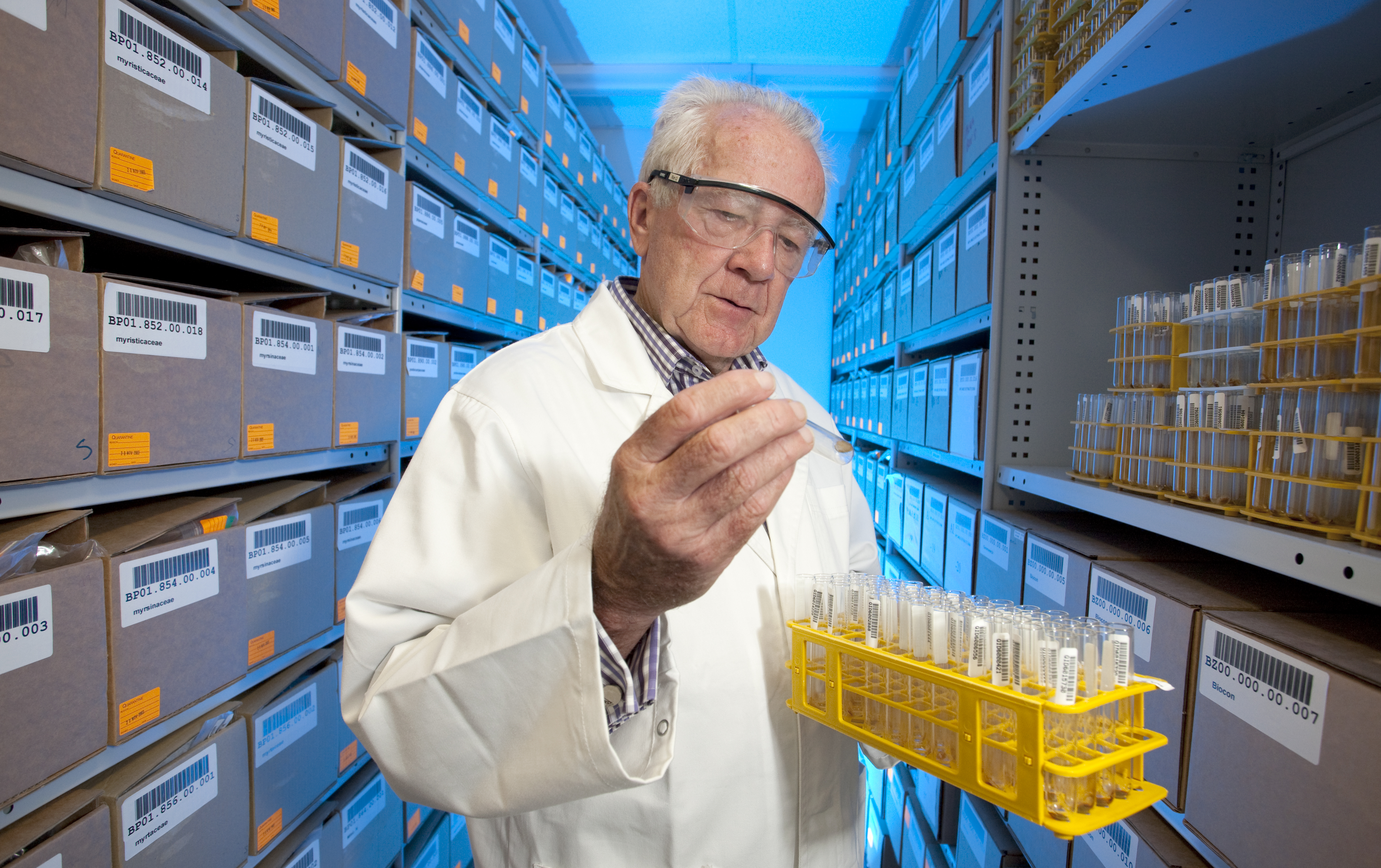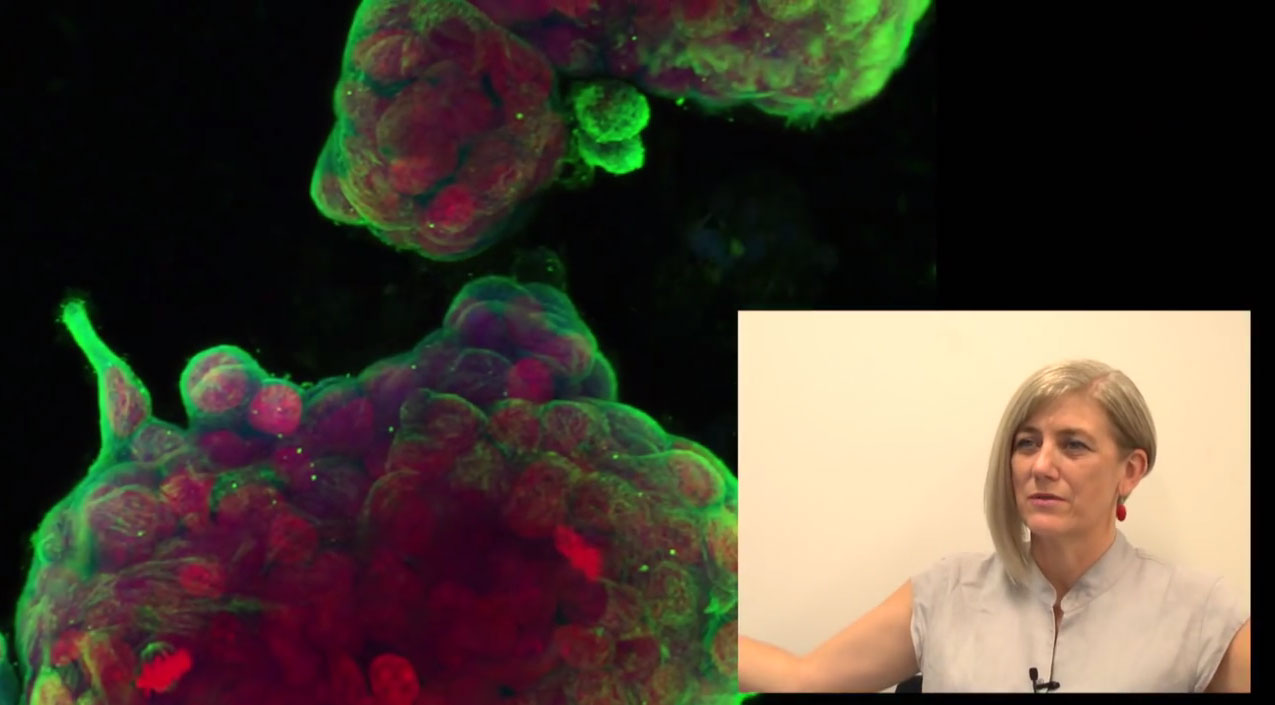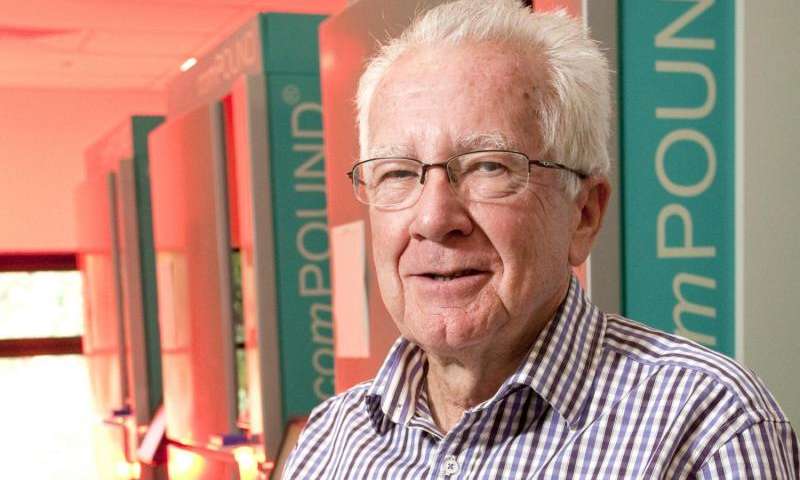Malaria is a disease caused by parasites that are transmitted by certain types of mosquitoes. The severity of malaria can range from flu-like symptoms to coma and death. In 2015 the World Health Organization estimated there were 214 million new cases of malaria and 438,000 malaria-related deaths. This equates to around 1200 people dying every day. Unfortunately there is no broadly effective licensed malaria vaccine and malaria parasite resistance has been reported for all currently used drugs. This is a significant global health problem that has a direct impact on Queensland’s neighbours in the Asia-Pacific region. Our dedicated team at Griffith University is working with national and international partners to try to develop innovative new medicines to prevent malaria. To do this we use cutting edge approaches that span the disciplines of biology, chemistry and drug discovery. Together we hope to contribute to the ultimate elimination of this disease.
Our teams’ research addresses an important issue relevant to Queensland and other tropical/sub-tropical regions of the world. Malaria is a disease that Queensland’s close neighbours in the Solomon Islands, Papua New Guinea and Vanuatu are vulnerable to and new medicines are needed to eliminate this disease. As part of our work to develop new solutions for malaria prevention, we are utilizing two world-class Queensland resources – the Queensland-based Compounds Australia facility and the Eskitis Nature Bank. Compounds Australia is Australia’s only dedicated compound management facility and a national resource that allows chemists to deposit compounds into a central repository for quick and efficient access by life science researchers. Nature Bank is a collection of over 63,000 samples of plants and marine invertebrates from tropical Queensland, Tasmania, China, Malaysia and Papua New Guinea, collected in accordance with the UN Convention on Biological Diversity. These samples have been processed into a library of over 200,000 natural product fractions ready for testing against any disease.
Our work is being carried out together with internationally recognized expert collaborators at the CSIRO and the Medicines for Malaria Venture (MMV). The CSIRO is Australia’s national science organization with a wealth of experience in medicinal chemistry and research translation, while the MMV is the worlds’ leading not-for-profit organization for malaria drug discovery and development. Working with leading industry stakeholders early in the drug discovery process is a major advantage for our work that also strengthens Queensland’s national and international STEM links. For example, an important part of this project is tapping into MMVs international network of experts which may lead to future translational opportunities.
An important goal of our research is to make a real impact on Queensland STEM expertise through training the next generation of highly skilled researchers. It gives us great pleasure to train new members of Queensland’s STEM work-force and to contribute to increasing Queensland’s research capacity in the areas of drug discovery and tropical diseases. Together we have graduated more than 20 Queensland-based Honours and PhD students, all of whom have brought fresh ideas and immense enthusiasm to our team. Our current group of students’ is no exception and we hope that we can inspire them to be future scientific leaders.








